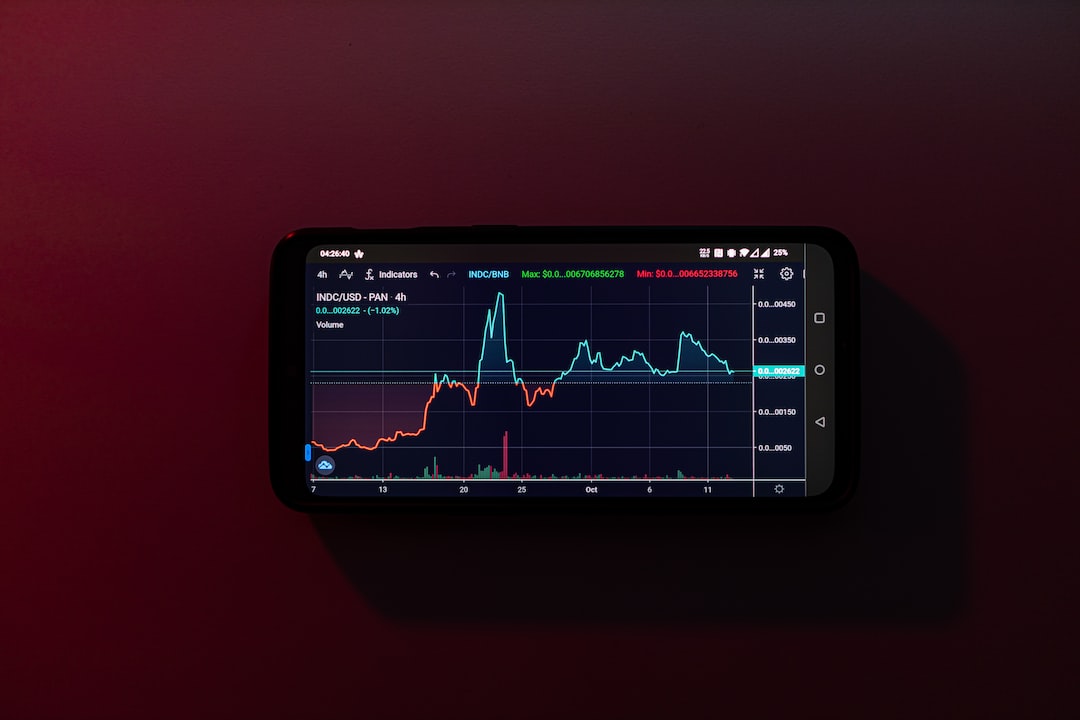South Korea Plans to Enact New Legislation for Public Officials’ Cryptocurrency Disclosures
South Korea is set to introduce a new law that will require approximately 5,800 high-ranking public officials to publicly disclose their cryptocurrency and other asset holdings. This move comes as part of the government’s efforts to promote transparency and address concerns about conflicts of interest in the public sector.
Bitcoin Holdings Included in Yearly Asset Statements
The Ministry of Personnel Management in South Korea announced that bitcoin holdings will now be included in the yearly asset statements required from elected politicians and high-ranking government personnel. This initiative is part of the government’s larger “Public Ethics and Transparency Initiative,” which aims to enhance accountability in public service.
The “Kim Nam-kuk Prevention Act”
The National Assembly approved the “Kim Nam-kuk Prevention Act,” named after a former politician, to amend the National Assembly Act and the Public Service Ethics Act. The act was introduced following allegations against Kim Nam-kuk, who was suspected of owning significant cryptocurrency assets, raising concerns about potential conflicts of interest.
Cryptocurrency Exchanges to Establish Information Systems
Main domestic cryptocurrency exchanges in South Korea, including Upbit, Bithumb, Coinone, Korbit, and Gopax, are required to establish their own information systems by June 2024. These systems will aid in property registration and enable monitoring and reporting of cryptocurrency holdings by public officials.
Building a Comprehensive Regulatory Framework
The South Korean government is working on developing a comprehensive regulatory framework for cryptocurrencies. In June, legislators enacted 19 measures granting supervisory authority over cryptocurrency operators and individuals with assets to the Financial Services Commission (FSC) and the Bank of Korea. The FSC has also announced new accounting regulations that will require domestic corporations to report their cryptocurrency holdings.
A Model for Other Governments
South Korea’s efforts to incorporate cryptocurrency disclosures into its public service ethical framework are reshaping the governance of digital assets. By mandating public officials to disclose their cryptocurrency holdings, the country is setting an example for other governments in addressing the ethical challenges associated with the rapidly growing cryptocurrency industry.
Hot Take: South Korea Leads the Way in Public Officials’ Cryptocurrency Disclosures
South Korea’s new legislation requiring public officials to disclose their cryptocurrency holdings marks a significant step towards transparency and accountability in the public sector. By including bitcoin holdings in yearly asset statements and establishing information systems for monitoring and reporting, the government is leading by example in addressing concerns about conflicts of interest. These measures are part of a larger effort to develop a comprehensive regulatory framework for cryptocurrencies, positioning South Korea as a model for other countries grappling with similar challenges. With these bold initiatives, South Korea is shaping the future governance of digital assets.





 By
By
 By
By
 By
By
 By
By

 By
By